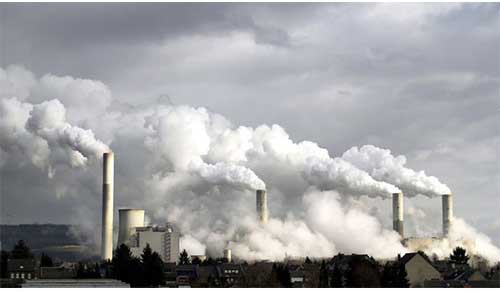
Panse consultants provide solutions for reutilizing, waste disposal water and air pollution control,wastewater management, and public health. we design civic water supply and industrial wastewater treatment systems, and design plans to avoid waterborne diseases and improve hygiene in environment. We appraise hazardous-waste management systems to evaluate the sternness of such dangers, advise on treatment and control, and develop regulations to prevent misfortunes. we implement environmental engineering law, as in calculating the environmental impact of offered construction projects.
Pollution control engineering is a professional engineering restraint that includes broad scientific topics like biology, ecology, geology, microbiology, geology, chemistry, and mathematics to create solutions that will protect and also improve the health of living animals and increase the quality of the atmosphere. Despite mostly focusing on hygienic engineering on the civil engineering side, environmental engineering. Chemical engineering and civil engineering both include a subfield called environmental engineering. Environmental engineering is the use of scientific and engineering values to progress and maintain the environment to:
1. keep human health
2. improve environmental-related development of the quality of human life
3. protect nature's beneficial ecosystems
Air Pollution Control: This includes monitoring and controlling the emissions of pollutants such as nitrogen oxides, sulfur oxides, particulate matter, and volatile organic compounds from industrial facilities, power plants, and transportation sources.
Water Pollution Control: This involves monitoring and treating wastewater to ensure that it meets regulatory standards before being discharged into water bodies. It also includes managing stormwater runoff from industrial and urban areas.
Soil Pollution Control: This includes monitoring and managing the contamination of soil by hazardous chemicals, heavy metals, and other pollutants from industrial activities, waste disposal, and agricultural practices.
Hazardous Waste Management: This includes the safe storage, transportation, treatment, and disposal of hazardous waste generated by industrial facilities and other sources.
Environmental Impact Assessment: This involves assessing the potential environmental impacts of proposed projects, such as new factories, highways, or housing developments, and developing plans to mitigate those impacts.
Renewable Energy and Energy Efficiency: This includes designing and implementing strategies to reduce energy consumption and increase the use of renewable energy sources such as solar, wind, and hydropower.
Sustainable Materials Management: This involves developing and implementing strategies to reduce waste generation, increase recycling and reuse of materials, and promote sustainable production and consumption practices.
Noise Pollution Control: This includes monitoring and controlling noise levels from industrial and transportation sources, as well as from construction sites and other sources.
Environmental Monitoring: This involves collecting and analyzing data on air, water, soil, and other environmental parameters to track changes over time and assess the effectiveness of pollution control measures.
Climate Change Mitigation and Adaptation: This includes developing and implementing strategies to reduce greenhouse gas emissions and adapt to the impacts of climate change, such as rising sea levels and more frequent extreme weather events.